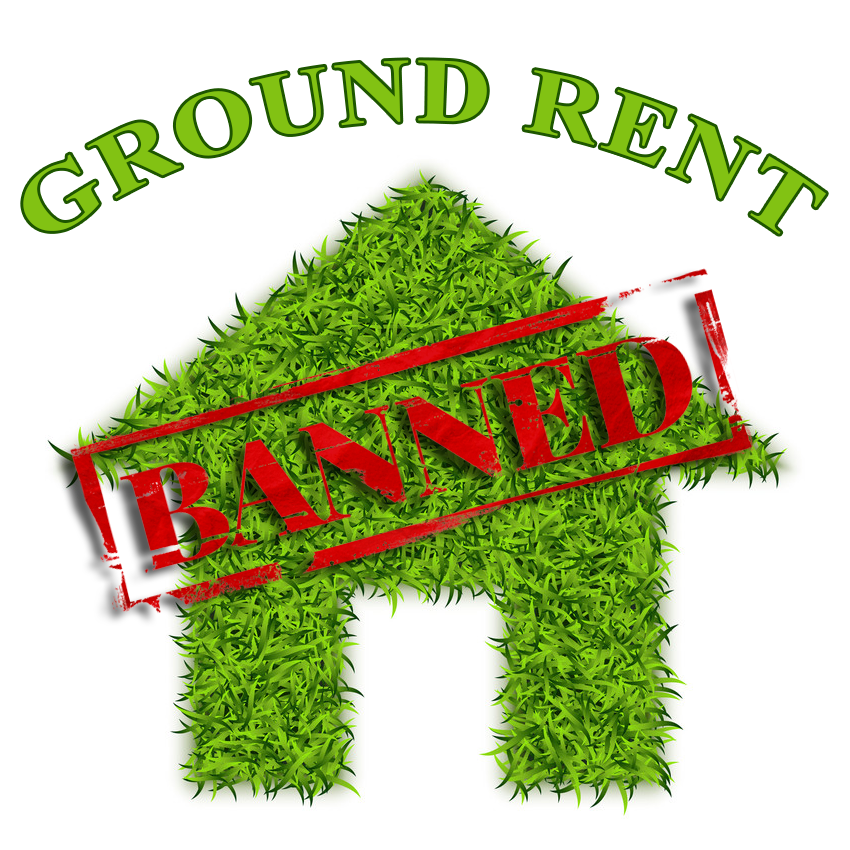
The government is taking action to rid leaseholders of annual costs – known as ground rent. Leaseholders buy the building they live in on a long lease (common for flats or ‘retirement’ properties), whereas the freeholder retains control of the land the building sits on and up until now has been allowed to charge rent for this (known as ground rent).
Sometimes amounting to hundreds of pounds a year, these charges provide no clear service in return and can be set to escalate regularly. In the worst cases, the terms of the lease allow for the ground rent to be increased significantly or even compounded on a regular basis, ultimately becoming a very burdensome expense for the leaseholder.
Future leaseholders will now see their prospective property bills reduce when the government’s ban on charging ground rent on new leases in England and Wales comes into force from 30th June.
In preparation, many freeholders have already reduced ground rent to zero for their leaseholders starting a new lease with them. Anyone preparing to sign a new long lease on a home in the next two months should speak to their landlord or solicitor to ensure their ground rent rate reflects the upcoming changes.
The ban on landlords charging ground rent on new residential leases, will also ultimately apply to retirement homes, but this will come into force no earlier than 1 April 2023.

